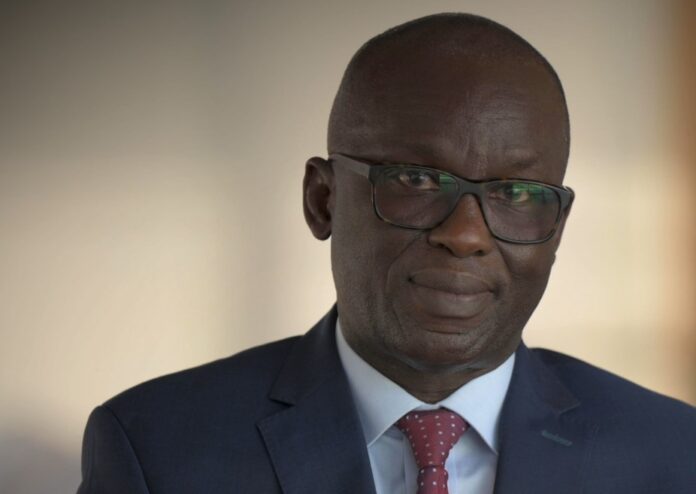By: The Fatu Network News Desk
The United States has announced sanctions against four senior officials of the International Criminal Court (ICC), including Senegalese Deputy Prosecutor Mame Mandiaye Niang and French Judge Nicolas Guillou, for their role in proceedings against Israeli leaders.
In a statement issued on Wednesday, U.S. Secretary of State Marco Rubio said the designations were made under Executive Order 14203, signed by President Donald Trump, which targets foreign persons directly engaged in ICC efforts to investigate, arrest, detain, or prosecute nationals of the United States or Israel without their consent. The other two officials named are Kimberly Prost of Canada and Nazhat Shameem Khan of Fiji.
“The United States has been clear and steadfast in our opposition to the ICC’s politicization, abuse of power, disregard for our national sovereignty, and illegitimate judicial overreach,” Secretary Rubio declared. He described the Court as “a national security threat that has been an instrument for lawfare against the United States and our close ally Israel.”
He added that it remains Washington’s policy “to take whatever actions we deem necessary to protect our troops, our sovereignty, and our allies from the ICC’s illegitimate and baseless actions,” while urging countries that continue to support the Court “to resist the claims of this bankrupt institution.”
The sanctions come after the ICC’s Pre-Trial Chamber I, on which Judge Guillou sits, authorised arrest warrants earlier this year against senior Israeli leaders over alleged crimes in Gaza. Deputy Prosecutor Niang, a Senegalese national, is one of two deputies serving under ICC Prosecutor Karim A. A. Khan. Contrary to some reports, Niang has not succeeded Khan as Prosecutor.
The move is expected to increase pressure on governments whose nationals are affected. Senegal, which currently chairs the United Nations Committee on the Exercise of the Inalienable Rights of the Palestinian People, may face calls to respond.
The sanctions freeze any assets the designated officials hold in the United States and bar Americans from engaging in transactions with them.
Critics of the move argue that sanctioning judicial officials undermines the independence of international justice. Washington, however, insists it is acting to safeguard its sovereignty and protect allies from what it regards as politically motivated prosecutions.




